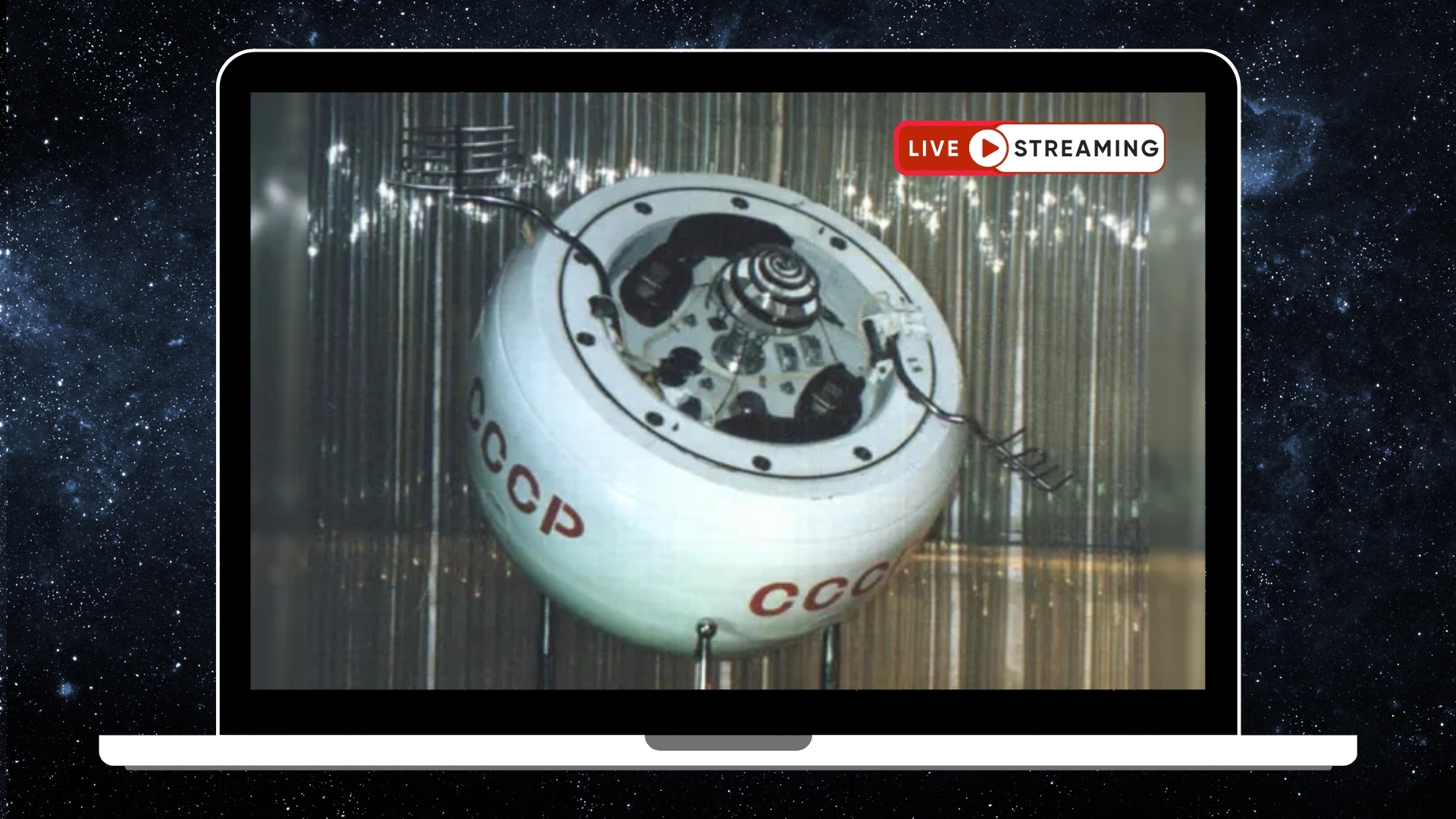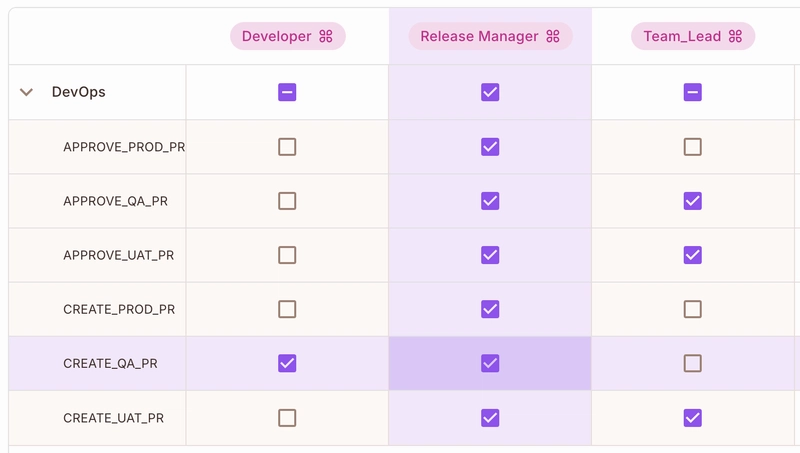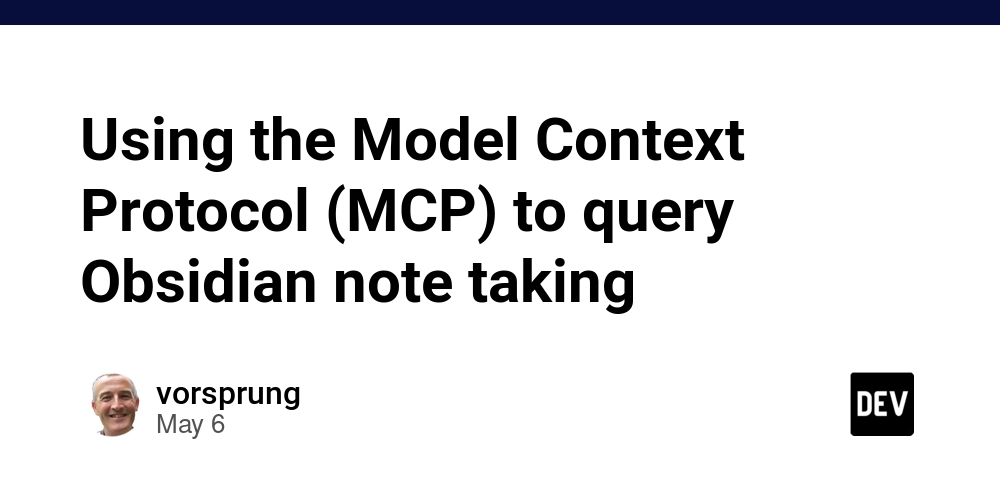How to Implement SOLID Principles in Java with Examples
Introduction to SOLID Principles in Java The SOLID principles are a set of five design principles aimed at making software designs more understandable, flexible, and maintainable. When you implement these principles properly in Java, you can greatly improve the structure of your code. Each letter in SOLID represents a different principle: S - Single Responsibility Principle (SRP) O - Open/Closed Principle (OCP) L - Liskov Substitution Principle (LSP) I - Interface Segregation Principle (ISP) D - Dependency Inversion Principle (DIP) In this article, we will explore each of these principles with practical Java code examples to illustrate their importance and application. Single Responsibility Principle (SRP) The Single Responsibility Principle states that a class should have only one reason to change, meaning it should have only one job or responsibility. Let's look at a bad example first: // Not adhering to SRP class User { private String username; private String password; public void saveUser() { // Save user to the database } public void sendWelcomeEmail() { // Logic for sending email } } In this example, the User class manages user data and also handles sending emails, violating the SRP. To fix this, we can separate these responsibilities: class User { private String username; private String password; } class UserRepository { public void saveUser(User user) { // Save user to the database } } class EmailService { public void sendWelcomeEmail(User user) { // Logic for sending email } } Now, the User class has only one responsibility, making it easier to maintain and test. Open/Closed Principle (OCP) According to the Open/Closed Principle, software entities should be open for extension but closed for modification. This means that you can add new functionality without altering existing code. Here’s a simple example: // Violation of OCP class Rectangle { public double width; public double height; } class AreaCalculator { public double calculateArea(Rectangle rectangle) { return rectangle.width * rectangle.height; } } If we want to add a Circle class, we would have to modify AreaCalculator. Instead, we can use interfaces: interface Shape { double calculateArea(); } class Rectangle implements Shape { public double width; public double height; public double calculateArea() { return width * height; } } class Circle implements Shape { public double radius; public double calculateArea() { return Math.PI * radius * radius; } } class AreaCalculator { public double calculateArea(Shape shape) { return shape.calculateArea(); } } Now, both Rectangle and Circle implement the Shape interface, making our system extensible without modifying existing code. Liskov Substitution Principle (LSP) The Liskov Substitution Principle states that objects of a superclass should be replaceable with objects of a subclass without affecting the functionality. Let's look at a quick example: class Bird { public void fly() { System.out.println("Flying"); } } class Sparrow extends Bird {} class Ostrich extends Bird { @Override public void fly() { // Violating LSP throw new UnsupportedOperationException(); } } Here, the Ostrich class cannot fly, but it inherits from Bird, which can. To adhere to LSP, we can split our hierarchy: interface Flyable { void fly(); } class Bird {} class Sparrow extends Bird implements Flyable { public void fly() { System.out.println("Flying"); } } class Ostrich extends Bird {} In this case, Ostrich doesn't implement Flyable, thus adhering to LSP. Interface Segregation Principle (ISP) The Interface Segregation Principle states that no client should be forced to depend on methods it does not use. Keeping interfaces lean helps to avoid creating large monolithic interfaces: // Violation of ISP interface Animal { void eat(); void fly(); } class Dog implements Animal { public void eat() {} public void fly() { throw new UnsupportedOperationException(); } } Instead, we can split into more focused interfaces: interface Eater { void eat(); } interface Flyable { void fly(); } class Dog implements Eater { public void eat() {} } class Bird implements Eater, Flyable { public void eat() {} public void fly() {} } This way, Dog only implements what it needs, adhering to ISP. Dependency Inversion Principle (DIP) The Dependency Inversion Principle states that high-level modules should not depend on low-level modules but both should depend on abstractions. Here’s how we can refactor: class FileManager { public void saveData(String data) { // Save to a file } } class Application { private FileManager fileManager = new FileManager(); public void save(String data) { file

Introduction to SOLID Principles in Java
The SOLID principles are a set of five design principles aimed at making software designs more understandable, flexible, and maintainable. When you implement these principles properly in Java, you can greatly improve the structure of your code. Each letter in SOLID represents a different principle:
- S - Single Responsibility Principle (SRP)
- O - Open/Closed Principle (OCP)
- L - Liskov Substitution Principle (LSP)
- I - Interface Segregation Principle (ISP)
- D - Dependency Inversion Principle (DIP)
In this article, we will explore each of these principles with practical Java code examples to illustrate their importance and application.
Single Responsibility Principle (SRP)
The Single Responsibility Principle states that a class should have only one reason to change, meaning it should have only one job or responsibility. Let's look at a bad example first:
// Not adhering to SRP
class User {
private String username;
private String password;
public void saveUser() {
// Save user to the database
}
public void sendWelcomeEmail() {
// Logic for sending email
}
}
In this example, the User class manages user data and also handles sending emails, violating the SRP. To fix this, we can separate these responsibilities:
class User {
private String username;
private String password;
}
class UserRepository {
public void saveUser(User user) {
// Save user to the database
}
}
class EmailService {
public void sendWelcomeEmail(User user) {
// Logic for sending email
}
}
Now, the User class has only one responsibility, making it easier to maintain and test.
Open/Closed Principle (OCP)
According to the Open/Closed Principle, software entities should be open for extension but closed for modification. This means that you can add new functionality without altering existing code. Here’s a simple example:
// Violation of OCP
class Rectangle {
public double width;
public double height;
}
class AreaCalculator {
public double calculateArea(Rectangle rectangle) {
return rectangle.width * rectangle.height;
}
}
If we want to add a Circle class, we would have to modify AreaCalculator. Instead, we can use interfaces:
interface Shape {
double calculateArea();
}
class Rectangle implements Shape {
public double width;
public double height;
public double calculateArea() {
return width * height;
}
}
class Circle implements Shape {
public double radius;
public double calculateArea() {
return Math.PI * radius * radius;
}
}
class AreaCalculator {
public double calculateArea(Shape shape) {
return shape.calculateArea();
}
}
Now, both Rectangle and Circle implement the Shape interface, making our system extensible without modifying existing code.
Liskov Substitution Principle (LSP)
The Liskov Substitution Principle states that objects of a superclass should be replaceable with objects of a subclass without affecting the functionality. Let's look at a quick example:
class Bird {
public void fly() {
System.out.println("Flying");
}
}
class Sparrow extends Bird {}
class Ostrich extends Bird {
@Override
public void fly() {
// Violating LSP
throw new UnsupportedOperationException();
}
}
Here, the Ostrich class cannot fly, but it inherits from Bird, which can. To adhere to LSP, we can split our hierarchy:
interface Flyable {
void fly();
}
class Bird {}
class Sparrow extends Bird implements Flyable {
public void fly() {
System.out.println("Flying");
}
}
class Ostrich extends Bird {}
In this case, Ostrich doesn't implement Flyable, thus adhering to LSP.
Interface Segregation Principle (ISP)
The Interface Segregation Principle states that no client should be forced to depend on methods it does not use. Keeping interfaces lean helps to avoid creating large monolithic interfaces:
// Violation of ISP
interface Animal {
void eat();
void fly();
}
class Dog implements Animal {
public void eat() {}
public void fly() {
throw new UnsupportedOperationException();
}
}
Instead, we can split into more focused interfaces:
interface Eater {
void eat();
}
interface Flyable {
void fly();
}
class Dog implements Eater {
public void eat() {}
}
class Bird implements Eater, Flyable {
public void eat() {}
public void fly() {}
}
This way, Dog only implements what it needs, adhering to ISP.
Dependency Inversion Principle (DIP)
The Dependency Inversion Principle states that high-level modules should not depend on low-level modules but both should depend on abstractions. Here’s how we can refactor:
class FileManager {
public void saveData(String data) {
// Save to a file
}
}
class Application {
private FileManager fileManager = new FileManager();
public void save(String data) {
fileManager.saveData(data);
}
}
In the above example, Application directly depends on FileManager, which is not ideal. Instead, we use an interface:
interface DataStorage {
void saveData(String data);
}
class FileManager implements DataStorage {
public void saveData(String data) {
// Save to a file
}
}
class Application {
private DataStorage dataStorage;
public Application(DataStorage dataStorage) {
this.dataStorage = dataStorage;
}
public void save(String data) {
dataStorage.saveData(data);
}
}
Now, Application depends on the abstraction DataStorage, making it flexible and easily testable.
Frequently Asked Questions (FAQ)
- What are SOLID principles? SOLID principles are guidelines that help developers design software that is easy to manage and extend.
- Why should I follow SOLID principles? Following these principles leads to more maintainable, scalable, and understandable code.
- Can I use SOLID principles in any programming language? Yes, although the implementation may vary, the principles apply universally across programming languages.
Conclusion
The SOLID principles are essential for creating clean, efficient, and maintainable software designs in Java. By understanding and applying these principles, you can significantly improve your development process and produce high-quality applications. Remember to always keep the principles in mind when designing your classes and interfaces to facilitate easier changes and better collaboration among developers.













































































